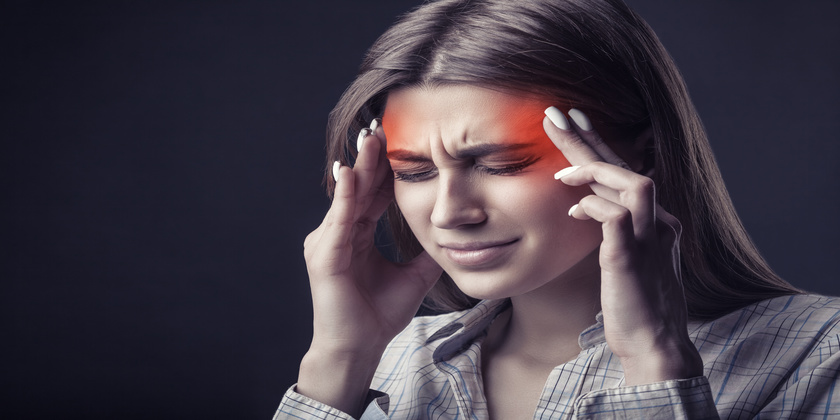A headache brings that painful sensation to the head that can often spread to other parts of the body. It can be very irritating at times, as well. Classified into different types, migraine is the most common among them. This is a painful type of headache that can be linked to tooth pain in a lot of cases. Get to know more about the relationship between these two.
Migraine Explained
Known as a powerful headache, migraine can be chronic by nature. Chronic migraine is one wherein a person suffers from it on a daily basis, and can last up to half a month. Episodes can even last to as long as three days. It can be accompanied by other symptoms like facial tingling, dizziness, and nausea. At times, the patient becomes extra sensitive to light and sound, as well. People suffering from this ordeal can be absent from school or work, and are exposed to greater risk of depression, anxiety, and other health conditions. Tooth pain related to migraine can be brought about by the following oral issues.
Bruxism
Also known as the act of clenching or grinding the teeth, bruxism is a condition that affects about 40 million people in the United States. This basically comes when one is asleep, although there are people who suffer from it all throughout the day. Common causes of bruxism are stress, facial muscle diseases, or even misaligned teeth or nerve. Symptoms include tight jaw muscles, grinding sounds when sleeping, morning headaches, as well as damaged or cracked teeth. Seeing a dentist is required when this problem occurs.
When bruxism has been brought about by stress, relaxation techniques, professional counseling, and prescription medication can be used. If it is related to teeth alignment, fixing the issue through cosmetic dentistry will be the best solution. For children who do not outgrow teeth grinding, biofeedback will be recommended later on in their lives.
Temporomandibular Joint Disorder
Otherwise known as TMJ, this results when the upper and lower jaw, particularly the modified ball and socket joint connecting them, has malfunctioned. This joint primarily works to allow the lower jaw to move either side-to-side or backward or forward. When there is a problem with this joint, then there is a feeling of clicking, popping, or as if the jaw is stuck.
Among the list of symptoms associated with a TMJ are the clicking sound on the jaw, and severe headaches. Your dentist will diagnose the problem then recommend solutions for the pain. Muscle tension relief can also eliminate the headache that comes with the situation.
Toothache
Another condition that relates tooth pain to migraine is toothache. Your dentist can help alleviate both situations if the cause of the problem is related to a gum issue or to a cavity. It is best to schedule an appointment with your dentist to establish the relationship between migraine and tooth pain.
It always pays to talk to a dental professional if you feel like your migraine and tooth pain are connected to each other. This is the best way to solve this issue especially when the relationship happens with any of the above-mentioned oral issues.

